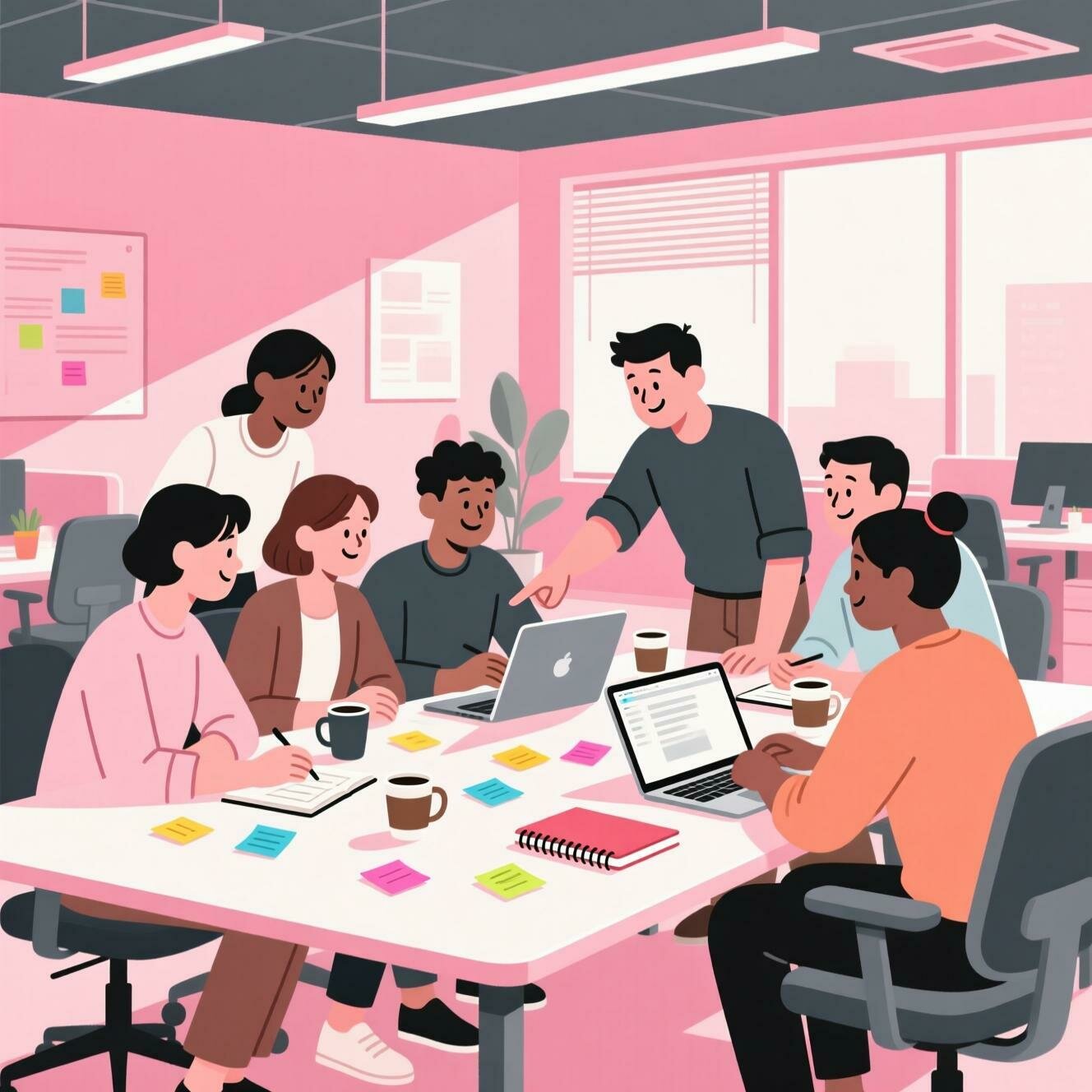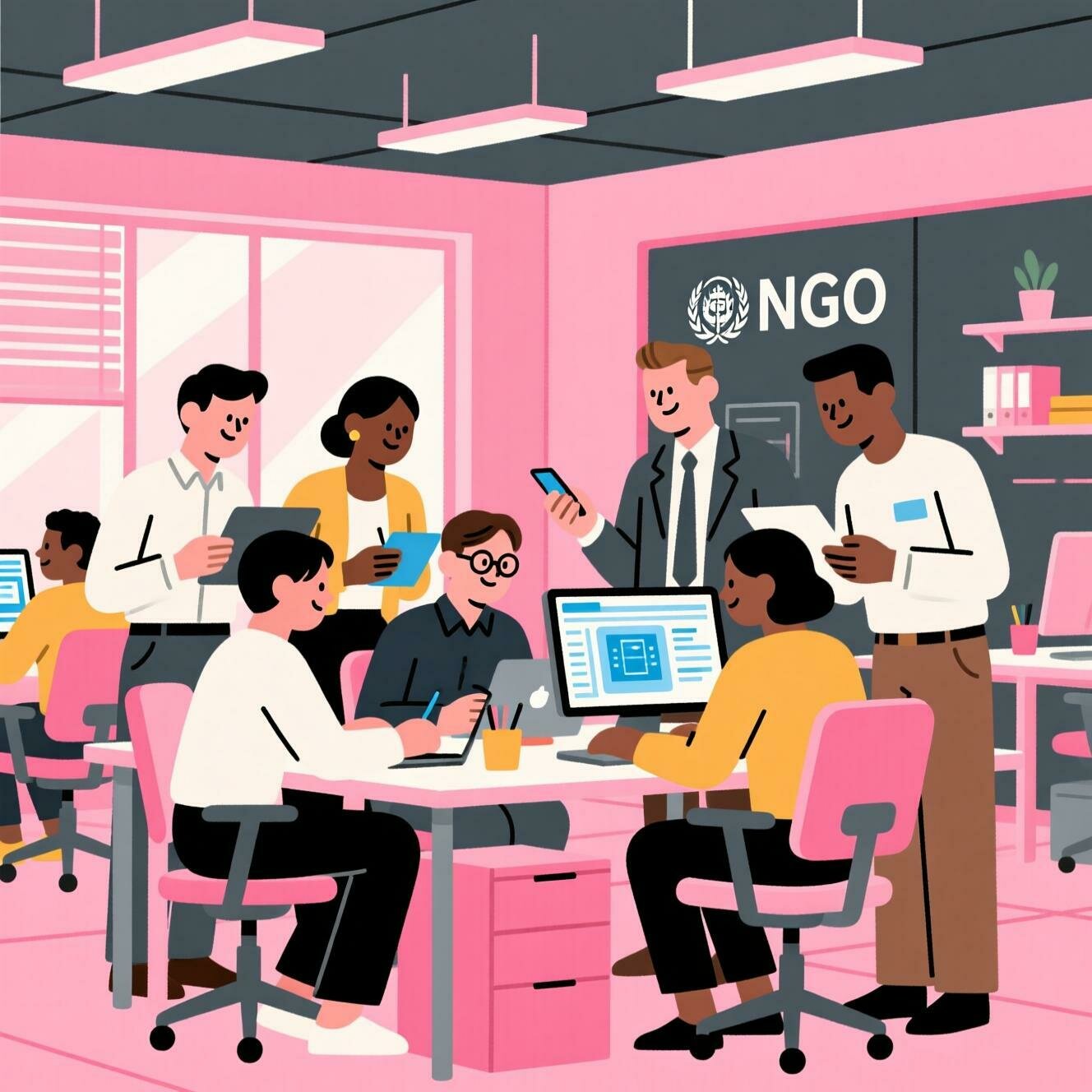The Role of FOSS in the Software/IT Sector
Case Studies from Indian Companies
The Great FOSS Shift: India’s Open Source Story

About This Study
-
Comprehensive analysis of FOSS adoption across multiple sectors in India, with detailed case studies of organizations
-
Semi-structured interviews with key personnel from 16 organizations across different sectors and organization types
-
5 case studies: Dhiway (startup), Tech4Good Community (non-profit), Remiges (medium), Thoughtworks (large), and NxtGen (datacenter & cloud)
Case Study: Dhiway
-
Focus: Blockchain and Web 3.0 Solutions
-
FOSS Approch:
- Core product CORD is an enterprise-grade blockchain approved by OSI as open source
- Founders previously worked at Red Hat, shaping their FOSS-centric approach
- Contributes to code, bug-fixing, and documentation
- Engages with groups that write protocols and specifications like WCAG

"A firm like Microsoft is now sponsoring FOSS projects. This is a testament to FOSS as a preferred model to deliver software and content."
- Sankarshan Mukhopadhyay, VP,
Customer Experience, Dhiway
Thoughtworks
-
Focus: Global software consultancy with deep FOSS roots.
-
FOSS Approch:
-
Ranked among top 25 contributors to GitHub by the Open Source Contributor Index
-
Developed popular tools like Selenium, CruiseControl, and Mingle
-
Contributed to 14 Digital Public Goods, including Bahmni (hospitalmanagement system)
-
Provides long-term support to open-source projects.
-
Mentors start-ups and NGOs in adopting FOSS solutions.
REMIGES
-
Focus: Open-source product innovation.
-
FOSS Approch:
-
Building enterprise-ready versions of FOSS tools.
-
Enhancing collaboration tools like Focalboard & Mattermost plugins.
-
Provides enterprise support models for FOSS adoption.
-
Contributes code, bug fixes, and documentation to upstream projects.
-
Bridges the gap between start-ups and enterprise FOSS use cases.
"Software should be open so that others can build on top of what I have done, and I can build on what others have done."
- Shuvam Misra, Founder-Chairman, Remiges

NXTGEN
-
Focus: Cloud solutions & datacenter services.
-
FOSS Approch:
-
Uses open-source virtualization (KVM, OpenStack) for cloud services.
-
Developed hybrid cloud platforms based on open standards.
-
Provides cloud services at prices 80% lower than large providers thanks to FOSS
-
Builds resilient, scalable infra using open-source orchestration tools (Kubernetes, Docker).
-
Provides training & community adoption of open cloud stacks.
"We would choose to use FOSS 10 out of 10 times."
- Abhisyant Anasapurapu, Head of Product Development, NxtGe
TECH4GOOD
-
Focus: Social impact via technology.
-
FOSS Approch:
-
Creates FOSS-based solutions for NGOs, social enterprises, and rural communities.
-
Builds accessible digital platforms for governance and welfare.
-
Offers low-cost, open digital infrastructure for social impact projects.
-
Encourages youth and volunteers to contribute to social FOSS projects.
-
Strengthens digital public goods ecosystem in India.
"Freedom to make changes comes at a price."
- Akhila Somanath, Co-founder and Chief Growth Officer, T4GC

Key Benefits of FOSS in Software/IT Sector
-
Cost Effectiveness
-
Customization
-
Freedom from Vendor Lock-in
-
Enhanced Security
Key Challenges of FOSS in Software/IT Sector
Project Fragmentation
-
Internal disagreements within project teams can cause splits into multiple versions
Regulatory Compliance
-
Financial institutions require formal support contracts and liability acceptance
Skilled Personnel
-
Shortage of developers proficient in FOSS technologies
Maintenance Burden
-
Organizations are solely responsible for ensuring performance, uptime, and resolving issues
Recommendations for Policy Makers
-
Modify procurement guidelines to make FOSS solutions mandatory when available
-
Provide grants to encourage contributions to specific FOSS projects
-
Incorporate FOSS into education curriculum
-
Establish Open Source Program Offices (OSPOs) in government
-
Release all government-funded software under open licenses

Any Questions

deck
By Deepak Raghavan
deck
- 19



